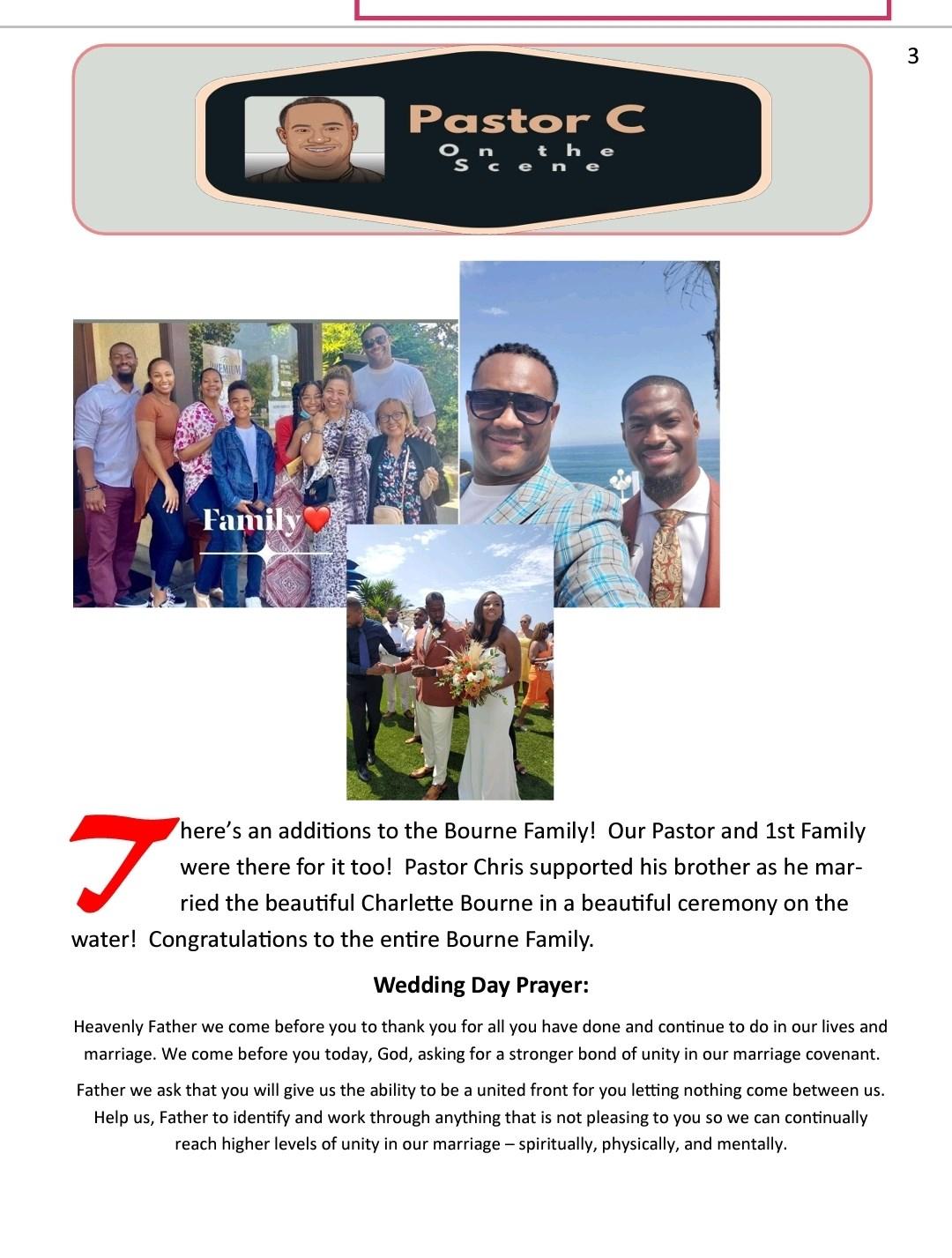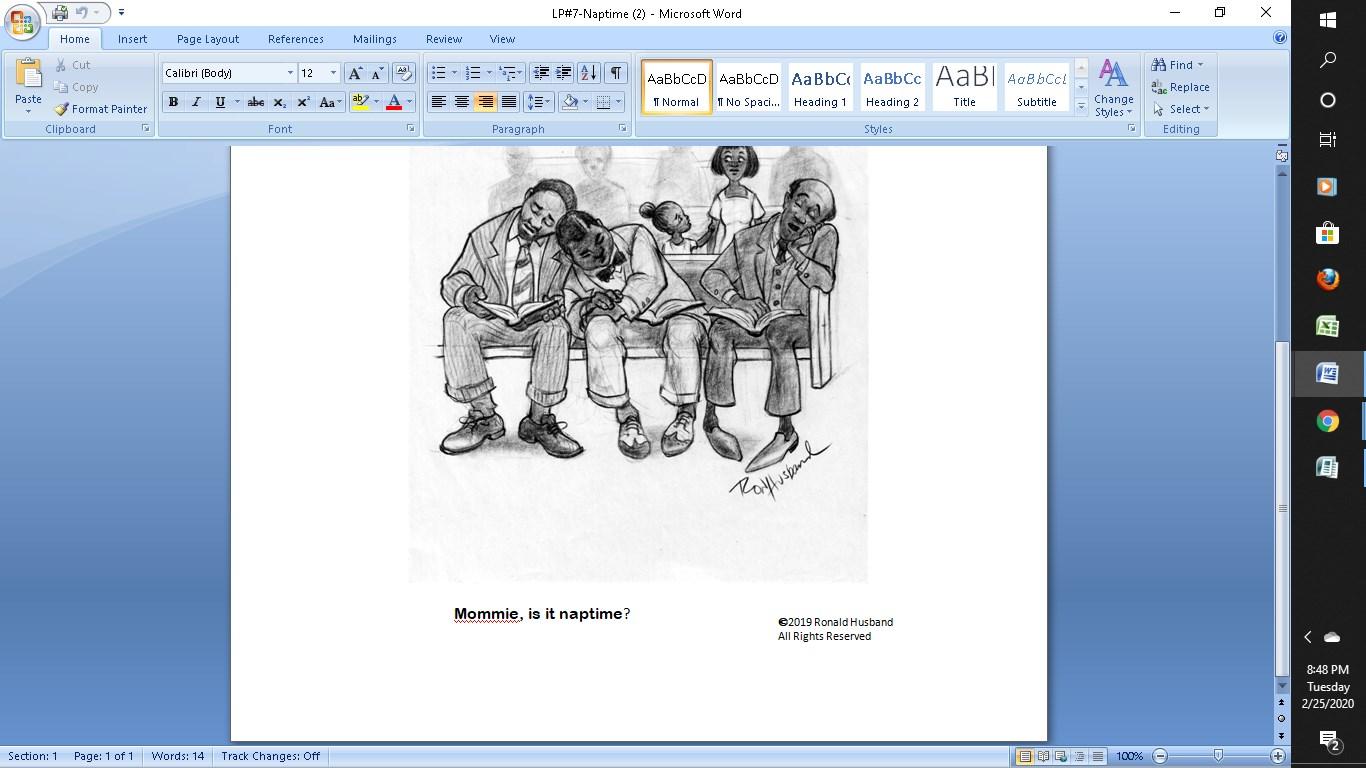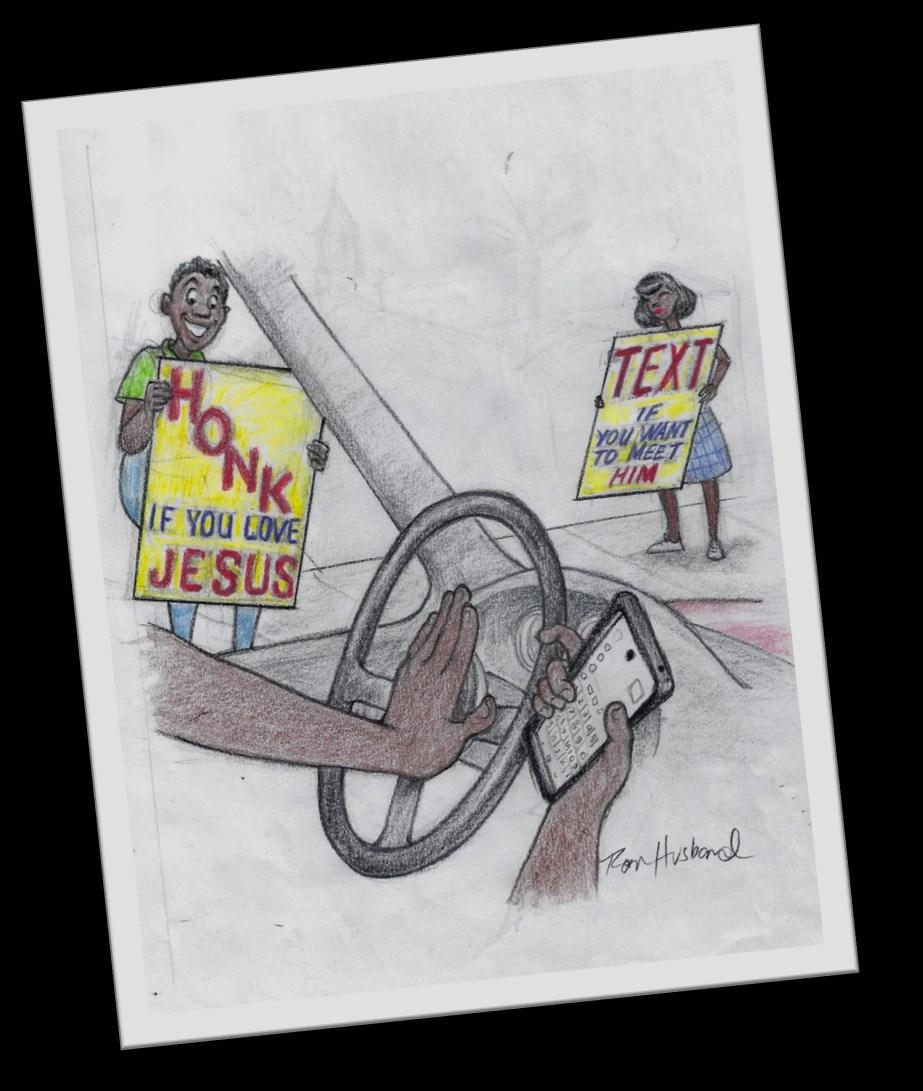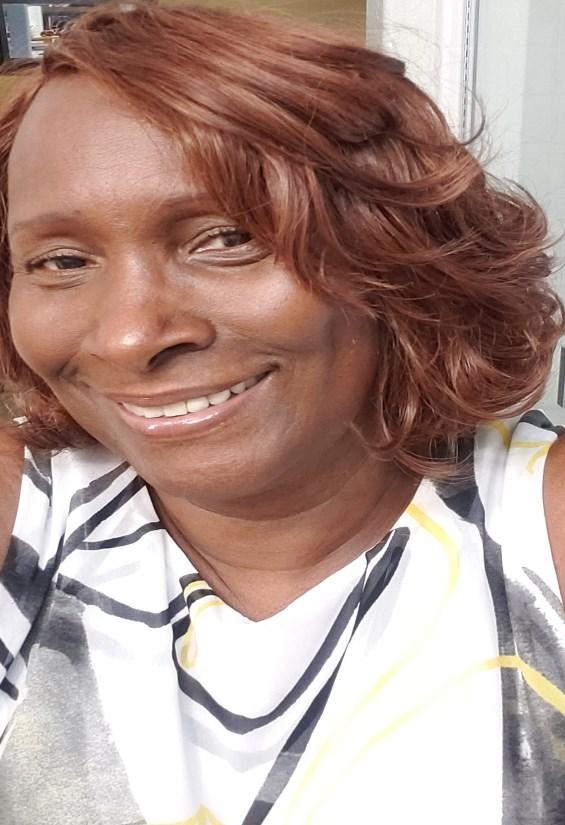
4 minute read
Pastor C on the Scene


Advertisement
Pastor C on the Scene
3 The Laughing Pew 6 HEALTH—The Variant 9 Supporters 10 Church Happenings 15-19 SBC Bookstore 22 Baby Corner 23
A
Call Robert & Jessie Anderson
B
Dennis & JoAnne Craig, or Betty Brown or Rodney Bough C
A.G. Harrison, or Shirley Robinson, or Larry & Deborah Hayes D
James Harvey or Venda Hawkins E/F
Ron & Lavonne Husband or Adrienne Hurst
G
Minnie Mannings or Valeria Burwell or Ellen Clark H
George & Tamara Lewis or Thelma Jones I/J
Ellis & Thelma Johnson or Eva McLaurin or Walter McDonald
K/L/N/O/T
Terrence Williams or Lonnie & Josephine Stokes M
Chuck Williams or Melva Hill
P/Q Carrie Walker or Nadine Harris
R/S
Larry Willis or Oscar Woodard U/V/W/X/Y/Z
Robert Hamilton or Ron Demps or Michael Dickson
The Laughing Pew TM


Is it time for a “Second Act”? What is a “Second Act” anyway? A second act is something a person does after retiring or quitting a long-term career, job or their original occupation. Sometimes people do a second act. Some go through a mid-life crisis, and some just keep living. What’s the difference, you ask? Well, one is working, and one is spending. One of the Biblical “Second Acts” was when Jesus met Paul on the road to Damascus (Acts 9). I don’t believe Paul was expecting to have a change in his career. He really enjoyed persecuting Christians. But when Jesus calls your name, things change! This happened also to Hezekiah when he prayed; God sent word by Isaiah to tell Hezekiah his life had been extended fifteen 15 more years (2 Kings 20). That’s a nice second act. I know he was happy. “Many of us have had to pivot what we do and how we did it since this enemy they called a ‘Pandemic’ entered our lives. But by the grace of God, He has made things work that we could not imagine over two ago.” (Seniors on Zoom) Then there’s this mid-life crisis. I know people in their 50’s that purchase motorcycles, quads, boats, or just want to do something they never have done before. Some bungie jump, scale mountain sides, sky dive and other stuff for a feeling of exhilaration, excitement, a thrill, a natural high/intoxication, and as long as you are being safe and are insured, have fun! Last week I pulled four cucumbers from my garden, and that was very exciting to me (I don’t get out much lately) because I still enjoy life’s special moments. You may be like me and enjoy simple stuff, (although I have parasailed before and I understand the thrill of that), but I have found that meeting up with Jesus, wherever I am is the thrill of the moment, whatever I’m doing at that time.

If your “Second Act” consists of work in the ministry or a new motorcycle, pray and ask the Lord for direction, and listen to your heart and loved ones about your decisions. Enjoy! Peggy LaBon

unable to speak for yourself.
ADVANCE HEALTH CARE DIRECTIVE LIFE CARE PLANNING YOUR CHOICES FOR YOUR CARE
An advance directive is a legal way to ensure that your family and your doctors are aware of your end of life wishes. This document will be used if you are
There are two types of advance directives. They can be changed at any time.
LIVING WILL
A living will inform your family and doctors of your wishes about life support and other types of treatment also called a declaration.
MEDICAL POWER OF ATTORNEY
This is also called a durable power of attorney for health care. This form allows you to name a person to make treatment decisions for you when you cannot speak for yourself.
If you do not have an advance directive, then it is left up to your family member, doctor or a judge who doesn’t know you or your wishes/beliefs to make decisions for you. The document will help your family be instrumental in guiding your care towards your wishes.
WHAT SHOULD YOU INCLUDE IN AN ADVANCE DIRECTIVE?
Here are some things to include in your advance directive. Use the questions below to help you get started. . Who do you want to make decisions about your medical care if you are not able to? . What life-support measures do you want if you have a serious illness that gets worse over time or can’t be cured? . What are you most afraid of that might happen? (Maybe you’re afraid of having pain, losing your independence, or being kept alive by machines.) . Where would you prefer to die? (Your home? A hospital? A nursing home?) . Do you want to donate your organs when you die? . Do you want certain religious practices performed before you die?
Be sure to contact your doctor if you have more questions.
Live Life Healthy, Latricia A Brown LVN.
Kp.org/lifecareplan http://advancedirective.info http://www.aarp.org>financial-legal




